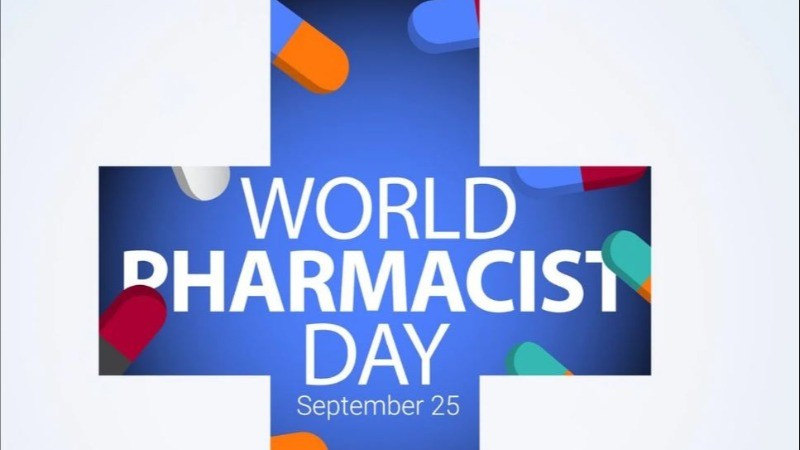
World Pharmacists Day is celebrated annually on September 25, dedicated to acknowledging the vital contributions of pharmacists to healthcare systems worldwide. This day serves as an opportunity to promote the role of pharmacists as essential healthcare providers, advocate for patient safety, and highlight their impact on public health. The theme for World Pharmacists Day varies each year, focusing on different aspects of the profession and its importance in health promotion and disease prevention.
History of World Pharmacists Day
World Pharmacists Day was first established in 2009 during the World Congress of Pharmacy and Pharmaceutical Sciences, held in Istanbul, Turkey. The International Pharmaceutical Federation (FIP) initiated this observance to enhance the recognition of pharmacists and the pharmaceutical sciences globally. The day aims to encourage pharmacists to engage with their communities, inform the public about their roles, and promote the importance of medication management in improving health outcomes.
The Role of Pharmacists in Healthcare
Pharmacists play a crucial role in healthcare systems, serving as medication experts and accessible healthcare professionals. Their responsibilities extend beyond dispensing medications to include:
1. Medication Management
Pharmacists are responsible for ensuring the safe and effective use of medications. They review prescriptions for accuracy, check for potential drug interactions, and provide patients with important information about their medications, including proper usage, potential side effects, and storage requirements.
2. Patient Counseling
Pharmacists offer counseling services to patients, addressing their concerns and questions about medications. They provide advice on adherence to treatment plans and lifestyle modifications that may enhance therapeutic outcomes. By fostering a trusting relationship with patients, pharmacists can significantly improve medication compliance and health literacy.
3. Health Promotion and Disease Prevention
Pharmacists actively participate in health promotion initiatives and disease prevention programs. They provide immunizations, conduct health screenings (such as blood pressure and cholesterol checks), and offer smoking cessation support. These activities contribute to overall public health efforts and help reduce the burden of preventable diseases.
4. Collaboration with Healthcare Teams
Pharmacists are integral members of healthcare teams, collaborating with physicians, nurses, and other healthcare providers to optimize patient care. Their expertise in pharmacotherapy allows them to contribute to treatment plans, recommend medication adjustments, and monitor patient outcomes.
5. Research and Education
Pharmacists engage in research activities that advance pharmaceutical sciences and improve healthcare practices. They also play a crucial role in educating future pharmacists through academic programs and training, ensuring the continued evolution of the profession.
The Future of Pharmacy
The role of pharmacists continues to evolve in response to changes in healthcare delivery models and patient needs. As healthcare systems worldwide face challenges such as aging populations, rising chronic diseases, and the demand for accessible healthcare, pharmacists are increasingly positioned to take on expanded roles.
Innovations in Pharmacy Practice
Emerging trends in pharmacy practice include:
Telepharmacy: The rise of telehealth has allowed pharmacists to provide consultations and medication management remotely, increasing access to pharmaceutical care, especially in underserved areas.
Pharmacogenomics: Understanding genetic variations in drug metabolism enables pharmacists to personalize medication therapy, optimizing treatment outcomes for individual patients.
Chronic Disease Management: Pharmacists are taking on more responsibilities in managing chronic diseases, including diabetes, hypertension, and asthma, through comprehensive medication management and patient education.
World Pharmacists Day serves as a reminder of the essential role pharmacists play in healthcare. As medication experts, educators, and advocates for public health, pharmacists significantly contribute to improving health outcomes and ensuring patient safety. By recognizing and celebrating their contributions, we can continue to support and enhance the vital role of pharmacists in the healthcare system. As we observe this day, let us acknowledge their commitment to health and well-being and encourage ongoing efforts to integrate pharmacists into comprehensive healthcare delivery.
MORE....